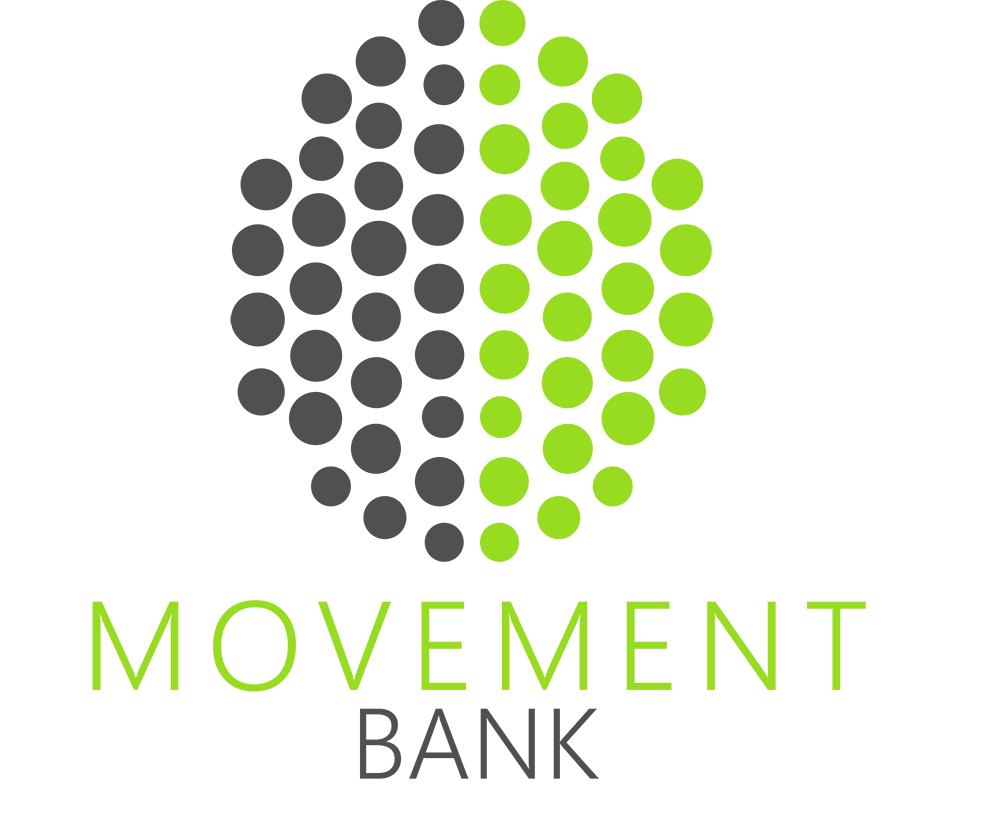FAQ’s
-
During your first visit, I will conduct a comprehensive consultation to gather your complete medical history, including both physical and emotional aspects that are relevant to the nervous system. This thorough exploration provides valuable insights into your nervous system. Together, we will develop a personalised plan of action based on your priorities, the complexity of the problem(s), and your movement goals. The assessment itself typically includes observing your movement and walking patterns, testing your balance and vision, and conducting gentle muscle testing to assess reflexes.
-
I work with individuals who have already received treatment from various modalities such as physiotherapy, osteopathy, chiropractic, and podiatry, and are seeking assistance in returning to their specific movements or daily activities without fear of reinjury. My approach covers a wide range of conditions, including back and neck pain, knee and foot pain, shoulder and upper limb pain, balance and dizziness issues, headaches, and post-concussion syndrome.
-
I recommend wearing comfortable clothing that allows for ease of movement during your session. While I don't require patients to undress like in a traditional physiotherapy setting, it's best to wear attire similar to gym clothing or workout gear. This will ensure that you can move comfortably and perform any necessary movements or assessments without restriction. Please dress in clothing that allows you to feel at ease and enables me to effectively evaluate and address your specific movement needs.
If you have specific footwear that you typically wear for your activities, please bring those as well. Assessing you in your preferred footwear allows me to evaluate your movement patterns directly and provide more tailored recommendations and guidance.
-
The initial consultation typically lasts for 90 minutes. Follow-up sessions are scheduled for 55 minutes. In certain cases where more complex issues are involved or if you are traveling a significant distance and unable to visit frequently, an extended follow-up session of 90 minutes may be beneficial. This extended session allows for a more comprehensive assessment and treatment approach.
-
I value direct communication with my clients, so I currently do not have an online booking system in place. To schedule an appointment, I encourage you to reach out to me directly for a more personalised experience. This allows us to have an initial conversation and address any specific questions or concerns you may have before booking your appointment.
To schedule your appointment, please email me at hello@themovementbank.com. Whether you prefer a phone call or email, I will be happy to assist you in finding a suitable appointment time that aligns with your availability and ensures you receive the individualised attention you deserve.
-
The number of sessions required can vary depending on several factors, such as the specific problem(s) you're facing or the goals you want to achieve. Additionally, the duration of treatment may be influenced by your familiarity with functional movement training and the complexity of any pain or movement dysfunctions you're experiencing.
As a starting point, we generally recommend a package of 6 sessions following your initial consultation. This initial set of sessions allows us to assess your progress and make any necessary adjustments to your treatment plan. From there, we can collaboratively determine the optimal number of sessions needed to address your individual needs and goals.
Please note that each person's journey is unique, and it is normal for the number of sessions to vary.
-
Absolutely! Even if you are currently pain-free, you can still derive significant benefits from engaging in movement neurology. Movement neurology focuses on the intricate connection between the nervous system and movement patterns, offering advantages to individuals at various stages of their fitness journey.
By incorporating movement neurology into your routine, you can improve your body's coordination, balance, and agility. It optimises the communication between your brain, nervous system, and muscles, leading to enhanced movement efficiency and precision. These improvements can positively impact various aspects of your life, including athletic performance, daily functional tasks, and even cognitive abilities.
Furthermore, movement neurology enhances your body awareness and deepens your understanding of how your nervous system influences movement. This knowledge empowers you to take proactive steps towards preventing future injuries, maintaining optimal movement patterns, and maximising your physical potential.
Regardless of whether you are experiencing pain or not, movement neurology provides a pathway to further optimise your movement capacity, elevate your overall performance, and support your long-term well-being.
If you have any additional questions or would like to explore how movement neurology can specifically benefit you, please feel free to contact me. I am here to provide you with the information and support you need to make informed decisions about your health and movement goals.
-
No, I operate independently and do not work directly with insurance providers. My clients are self-funded, meaning they cover the cost of their sessions without involving insurance companies. I offer flexible payment options, including cash and card payments. For returning clients, bank transfer is also accepted for added convenience.
-
It is possible to experience different sensations depending on the nature of the session. For training-focused sessions, it is common to experience post-exercise soreness, known as delayed onset muscle soreness (DOMS). This can occur when introducing new exercises or challenging your body in different ways. DOMS typically resolves within a couple of days and is a sign that your muscles are adapting and getting stronger.
In more treatment-focused sessions, where we work specifically on addressing your movement patterns and nervous system function, it is possible to experience temporary fatigue or a flare-up of symptoms. This response is your body's way of adapting and processing the changes introduced during the session. It is important to note that this is a normal part of the healing process, and it should subside over time.
If you experience any discomfort, soreness, or fatigue after a session, it is recommended to listen to your body and give yourself adequate rest and recovery. Proper hydration, nutrition, and sleep can help support your body in its healing and adaptation process.
